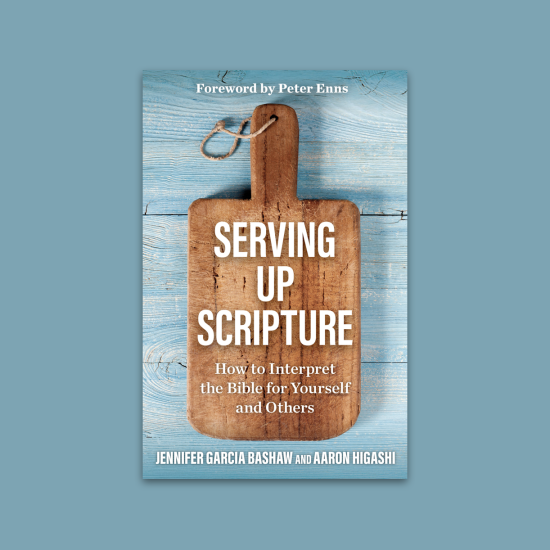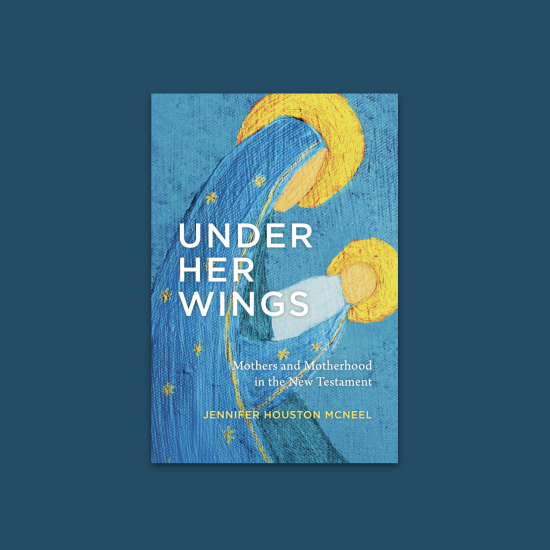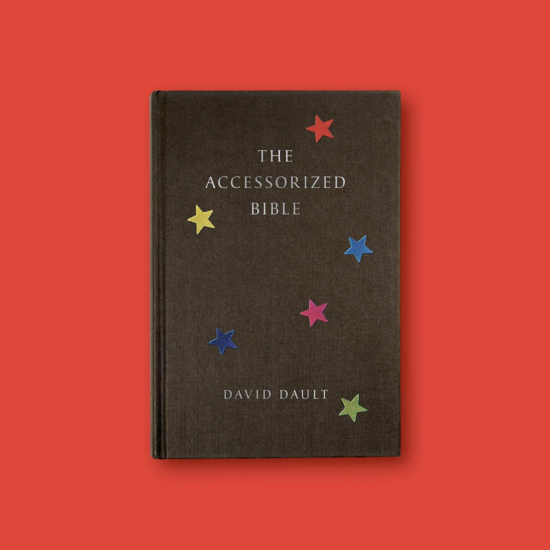The King James Version of the Bible — featured in our cover package in our April 28 issue — turns 400 years of age this year. To say that it has been an enduring translation certainly would be an understatement.

Bill Webb
|
It took 371 years for what was called the New King James Version to be released. And many who favored the 1611 version (with periodic lesser tweaks through history) view even the NKJV with some suspicion.
Many of us have heard the quip from the KJV advocate who pledged his allegiance to this venerable version by explaining, "If it was good enough for the Apostle Paul, it's good enough for me!"
Not too long ago, a local pastor professed during a Sunday morning service broadcast on local radio that all the new translations were heresy. "We all need to be reading the only inerrant version — the King James Version!" he shouted over the airwaves to a solid chorus of "amens!"
Many of us remember the discipline of Scripture memorization two or three generations ago. Vacation Bible School used to be really big on that, as was a Sunday evening program called Church Training. Back then, we memorized in the biblical language of King James. It would have almost been heresy to memorize verses from those newer pop translations. Leaders evaluated you word-for-word from the KJV. (Many of the newer translations faded pretty quickly anyway; others proved their worth by being reliable and enduring.)
The stories in our package are intended to help celebrate a 400-year milestone but also to help readers understand more about this iconic translation.
I'm not much into debating with those who insist that the KJV, because of its age and obvious shelf life, is the only reliable English translation. I'm also not inclined to side with folks who denigrate what King James' translators produced. This Bible brought the Scriptures to the English-speaking masses. In fact, the KJV was the textbook from which millions learned to read.
But don't expect me to berate most of the translations that take advantage of modern advances in the skill, art and science of language and biblical translation. These are God-given advances that have the benefit of bringing us even closer to the heart of what God tries to say to us through his Word.
There is no perfect translation, and most of us who lack Greek and Hebrew skills find it helpful to compare how various reliable translators handle particular passages. This has been to our benefit, not our detriment. The Book, as we Baptists sometimes refer to it, never finishes teaching us or helping us gain new insights into the will and the ways of God. It is more than text on paper. I stand with the old pastor who said, "I don't care which translation of the Bible you prefer, just read it!"
No translation does much good if it is not read; most will bring a reader closer to God if read faithfully.
Bill Webb is editor of Word&Way.






